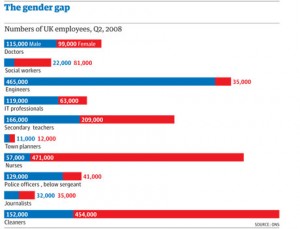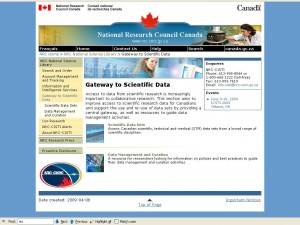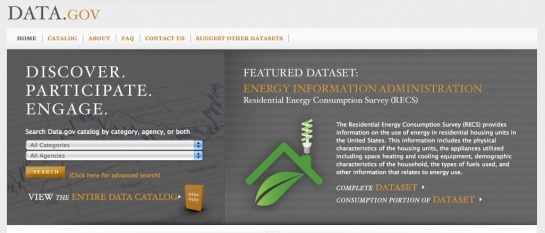 For the price of a beer (or a pitcher, or a round), you can support VisibleGovernment.ca … the non-profit that promotes online tools for government transparency, openness and accessibility around government and civic data (yay!).
For the price of a beer (or a pitcher, or a round), you can support VisibleGovernment.ca … the non-profit that promotes online tools for government transparency, openness and accessibility around government and civic data (yay!).
They’ve got a little fundraiser going, in celebration of Canada Day: Beers for Canada …
How we’ll spend your money
We work on several aspects of transparency:
- Creating new tools: We work with developers and designers to build websites that encourage citizens and governments to communicate openly.
- Encouraging government openness: We show elected officials the benefits of open, two-way discourse, highlighting places where information is lacking and celebrating the efforts of those who want to be more transparent.
- Public awareness: We emphasize the civic importance of transparency and open government.
- Working with other organizations: We share and collaborate with organizations like the Sunlight Foundation, MySociety and Changecamp.
We’re also organizing Code For Canada, an application design competition that awards prizes to people who build web, facebook, and iPhone apps that provide visualization, analysis, and access to federal government data sets.



Comments on Posts